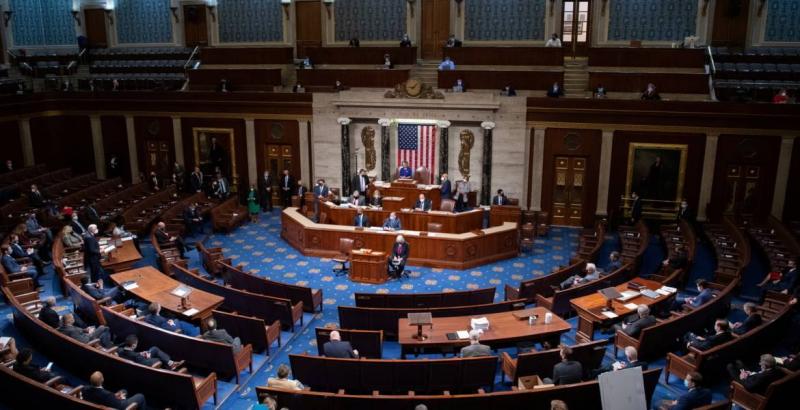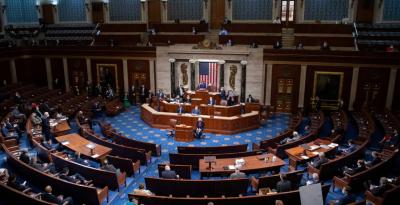A prominent Republican member of the U.S. House of Representatives has requested that Secretary of State Antony Blinken provide details regarding an investigation related to the security clearance of U.S. envoy to Iran, Robert Malley, amid reports suggesting he may have mishandled classified documents.
Media reports indicate that the chairman of the House Foreign Affairs Committee, Michael McCaul, sent a letter to Blinken on Friday inquiring about the reasons for placing the State Department's special envoy to Iran on unpaid leave after suspending his security clearance earlier this year to investigate allegations of mishandling classified documents.
McCaul wrote in his letter, which was published on the committee's website, "Given the seriousness of the situation, it is crucial that the department promptly provide a complete and transparent account of the circumstances surrounding the suspension of Special Envoy Malley's clearance and the department's communications to Congress regarding him."
Malley told Reuters on Thursday, "I was informed that my security clearance is under review. I haven’t received any further information, but I expect the investigation to conclude positively and soon. For now, I am on leave."
In response to a request for comment on McCaul's letter, Malley stated on Saturday that he stands by what he said on Thursday, mentioning, "I look forward to understanding what the State Department's review is about, and as I have stated from the beginning, I am ready to cooperate fully in this matter."
Malley was appointed shortly after President Joe Biden took office in 2021, tasked with trying to revive the 2015 Iran nuclear deal following former President Donald Trump's decision to withdraw from the agreement and reimpose sanctions on Tehran in 2018.
Malley was involved in crafting the 2015 nuclear agreement and played a significant role in former President Bill Clinton's failed 2000 attempt to mediate a peace deal between Israel and the Palestinians. Under the 2015 agreement, Iran limited its nuclear program, making it difficult for it to obtain fissile material necessary for building a nuclear weapon in exchange for significant sanctions relief. Tehran denies seeking to develop nuclear weapons.
Earlier this month, Western and Iranian officials stated that after failing to revive the agreement, the United States engaged in discussions with Iran in an attempt to de-escalate tensions by outlining steps to limit Iran's nuclear program, facilitate the release of some U.S. citizens detained in Tehran, and unfreeze some Iranian assets abroad.




